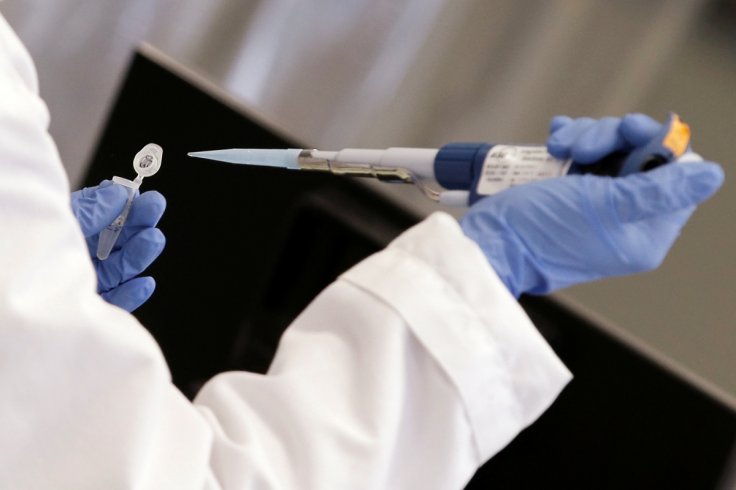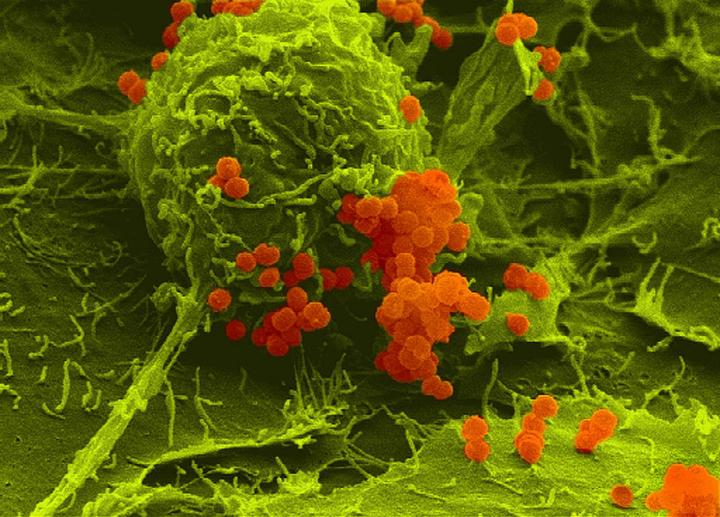As known pathogens get stronger, and new ones are discovered, understanding their intricate workings is of utmost importance. A new study by researchers from the University of Würzburg has found that a tiny protein plays a crucial role in the activation of genes in the dangerous meningococci bacteria.
According to the scientists, an RNA-binding protein known as ProQ, is associated with the activation of over 250 bacterial genes. Meningococci cause several dangerous infections such as sepsis and meningitis.
ProQ facilitates the improved repairing of the bacteria's DNA when they undergo damage. It also protects them from oxidative stress. The bacteria's pathogenic properties are directly linked to these factors. "We were surprised that a comparatively small protein can have such a great influence on bacterial gene regulation," said Christoph Schoen, senior author of the study.

Interaction with numerous RNA
ProQ belongs to a class of RNA-binding proteins. It contains only around 120 amino acids. This is a far cry from other proteins that consist of hundreds of amino acids. As regulators of several biological functions, RNA molecules serve a crucial role. RNA performs many of its functions in conjunction with binding proteins.
It is in this regard that ProQ plays a vital role. The mini-protein interacts with nearly 200 different RNA molecules. "It binds to structured regions of the RNA and thus stabilizes its binding partners," explained Jörg Vogel, senior author of the study.
The discovery was made using advanced high-throughput processes that were developed by Vogel's team at the Helmholtz Institute for RNA-based Infection Research (HIRI) in Würzburg, of which Vogel is the director.
Identifying Proteins Binding With RNA
In nearly two-thirds of all the RNA's in meningococci, proteins related to the binding process have not been identified. Therefore, an important question arises: Is it likely that many of the RNAs in the bacterial cell do not require proteins to perform regulatory functions? Additionally, it raises curiosity about the processes that are moderated by RNA-binding proteins in reality.

"This is what we would like to find out - and meningococci are particularly well suited for this task because of their relatively small genome. Our goal is to systematically identify the entire family of RNA-binding proteins in meningococci using established high-throughput methods," stressed Schoen.
Formulation of New Drugs To Destroy Bacteria
At a time when several bacteria are developing resistance to conventional antibiotics, the study can provide new insights into the development of new drugs. Understanding the RNA-binding process in bacteria can help unearth new soft spots for antibacterial agents.
The identification of pathways regulated by RNA, specifically, the proteins associated with its binding, provides an interesting area of study. "We hope to be able to disrupt the binding proteins in their function with small molecules and hence weaken the pathogens," said Vogel.









